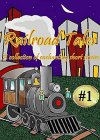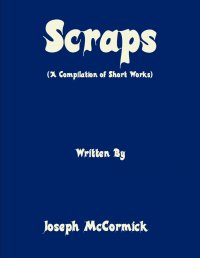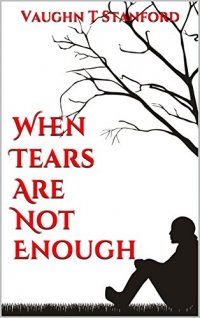On March 21, 2022, The New York Times for the first time published excerpts from the diary of Nadiya Sukhorukova, who noted evidence of Russia’s real crimes in Ukraine. “A neighbor said that God left Mariupol. He was afraid of everything he saw,” Ms. Sukhorukova wrote in a series of Facebook posts posted after her escape late last week. “I am alive and now I will live long. And my city is dying a painful death,” she added. “For twenty days I was dying with it. I was in hell.” (Megan Specia, The New York Times).
Excerpts from the diary have been published in UK, USA, Germany, Ukraine, and Scotland by The Open Democracy platform, The Voice of America, The New York Times, Ukrainska Pravda, Frankfurter Allgemeine Zeitung, Bild-Zeitung, andFreefils.
They were read in the European Parliament by Latvian Foreign Minister (the President of Latvia since July 2023) Edgars Rinkevics. Also, a documentary film “Mariupol. Unlost hope ” is based on this book.
Unique testimonies from the online diary that Nadiya Sukhorukova miraculously managed to preserve, written from inside her real hell, are now collected in this book. An eyewitness to terrible events, grief, and losses shares with the reader her own emotions and the “first hand” truth.
A true understanding of historical events, wars, and crimes against humanity can only be obtained from the testimonies of the participants and eyewitnesses of the events, civilians who suffered from the attacker’s aggression. Thus, just as Anne Frank’s diary became a testimony and accusation of genocide, this diary of Nadiya Sukhorukova becomes a record of survival amidst the complete destruction of this major city in Eastern Ukraine.
“For the author of “Mariupol. Hope,” story telling had been the core of her profession as a journalist in the “before-time.” In this book, her remarkable stories relate her unimaginable loss, as she re-lives, and suffers that torturous re-living again and again while her beloved city disappears into rubble and despair at the onslaught of invading Russian troops and ever-present bombs. It may not be a world we want to know, yet it is a world we must know. The author was able to preserve her own story and the stories of others in besieged Mariupol. A life-saving exercise for her during the horrors of war, and now an opportunity for all of us to recognize the breadth and depth of losses suffered in a once-vibrant city in Ukraine. As citizens of the world we mourn together, yes – and hope.” -Mary Ellen Sanger, Editor, Associate Director Community Literacy Center, Colorado State University
Could anyone imagine a city in an independent European country totally destroyed by a war in the 21st century while its residents are put on the brink of humanitarian catastrophe? For almost three months, in real time, the whole world watched as the Russian army slowly destroyed Mariupol.
“I was born in Mariupol and lived there all my life. It’s the city of my childhood, of my love and my happiness. I’ve seen it declining and developing, but I’ve never thought I would see it dead. I couldn’t even imagine that I would be describing its agony. It’s a true story of real people. They are my friends, relatives, and neighbors. During the blockade, bombardments, constant shelling, and hunger, we, the residents of Mariupol, tried to survive. I wrote in this diary everything that happened to us, to keep my sanity. I didn’t expect to survive this hell, so I tried to record the events to leave a trail,” writes Nadia Sukhorukova about her book.













